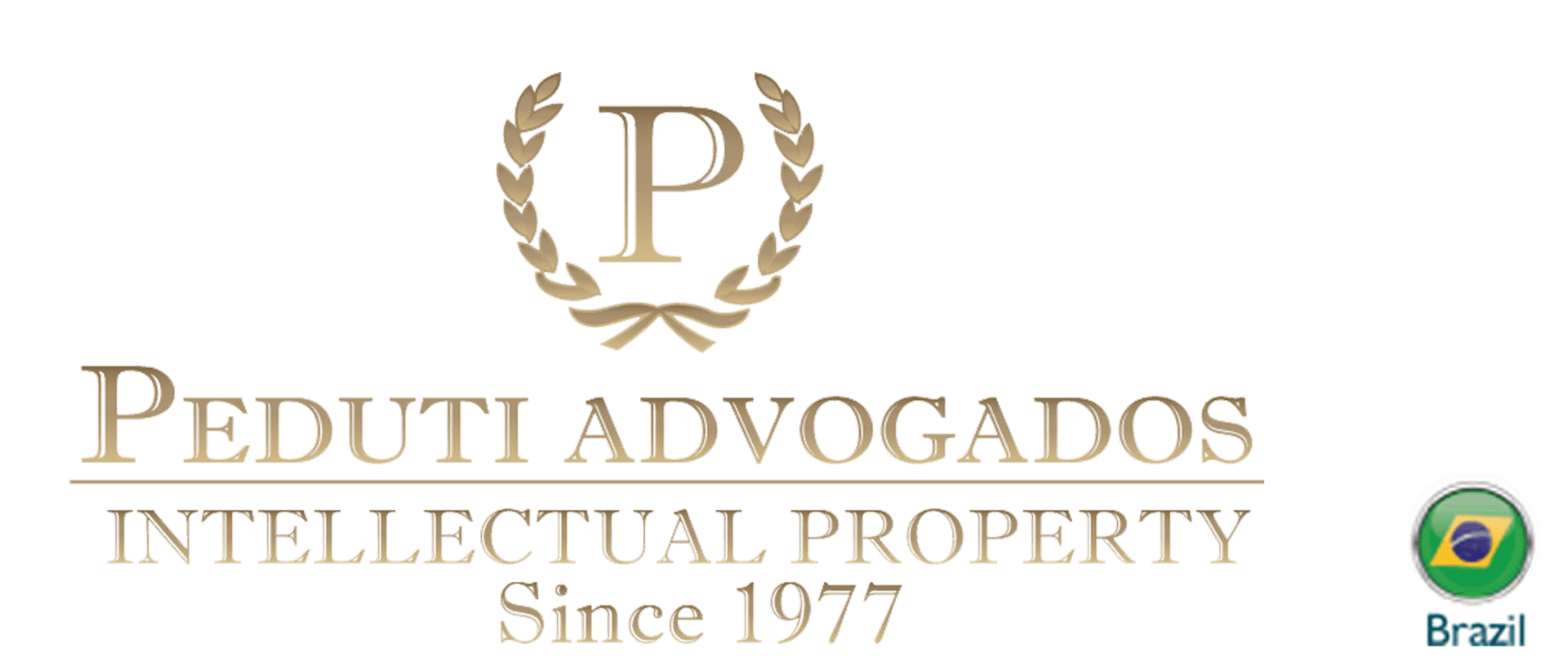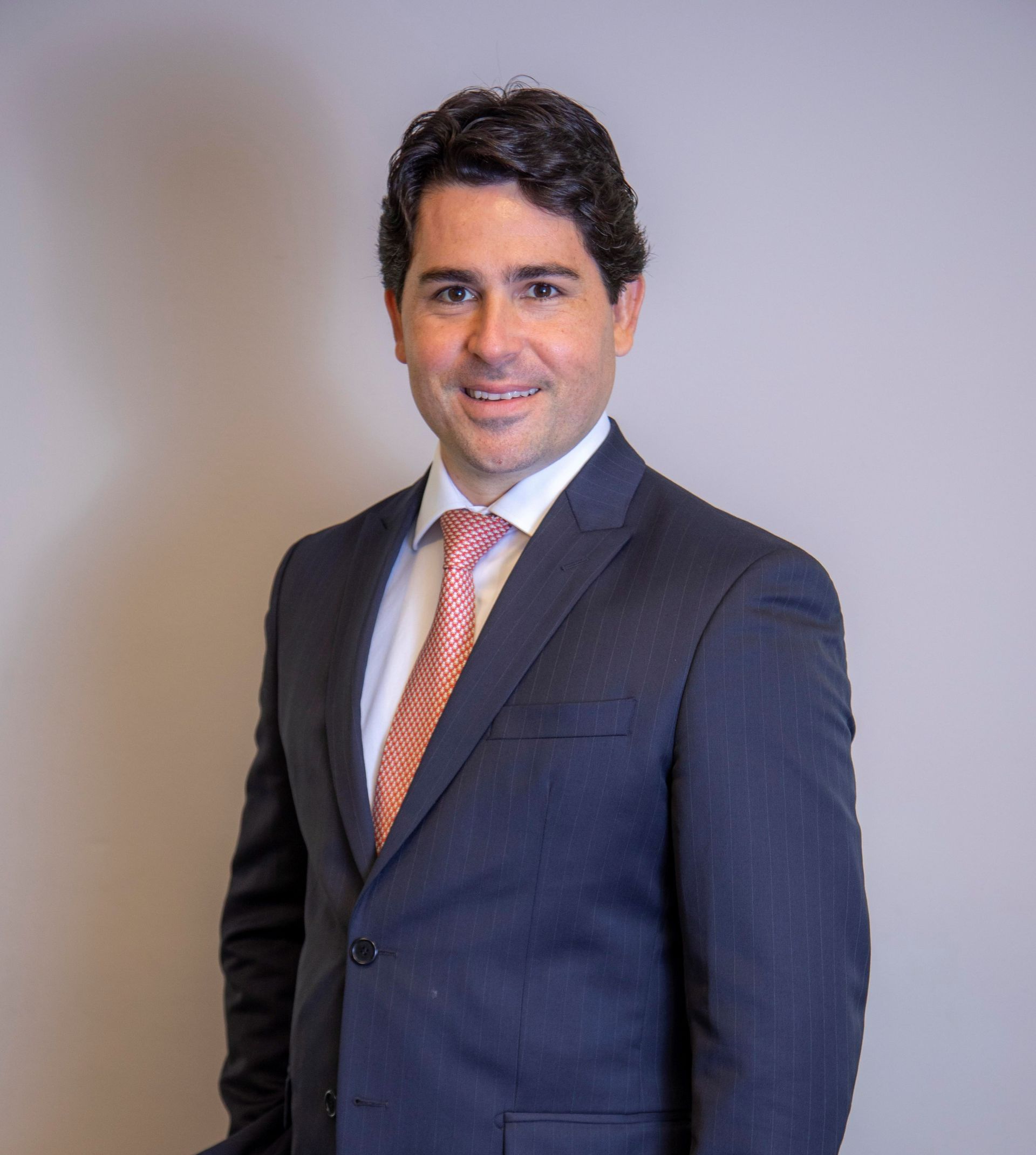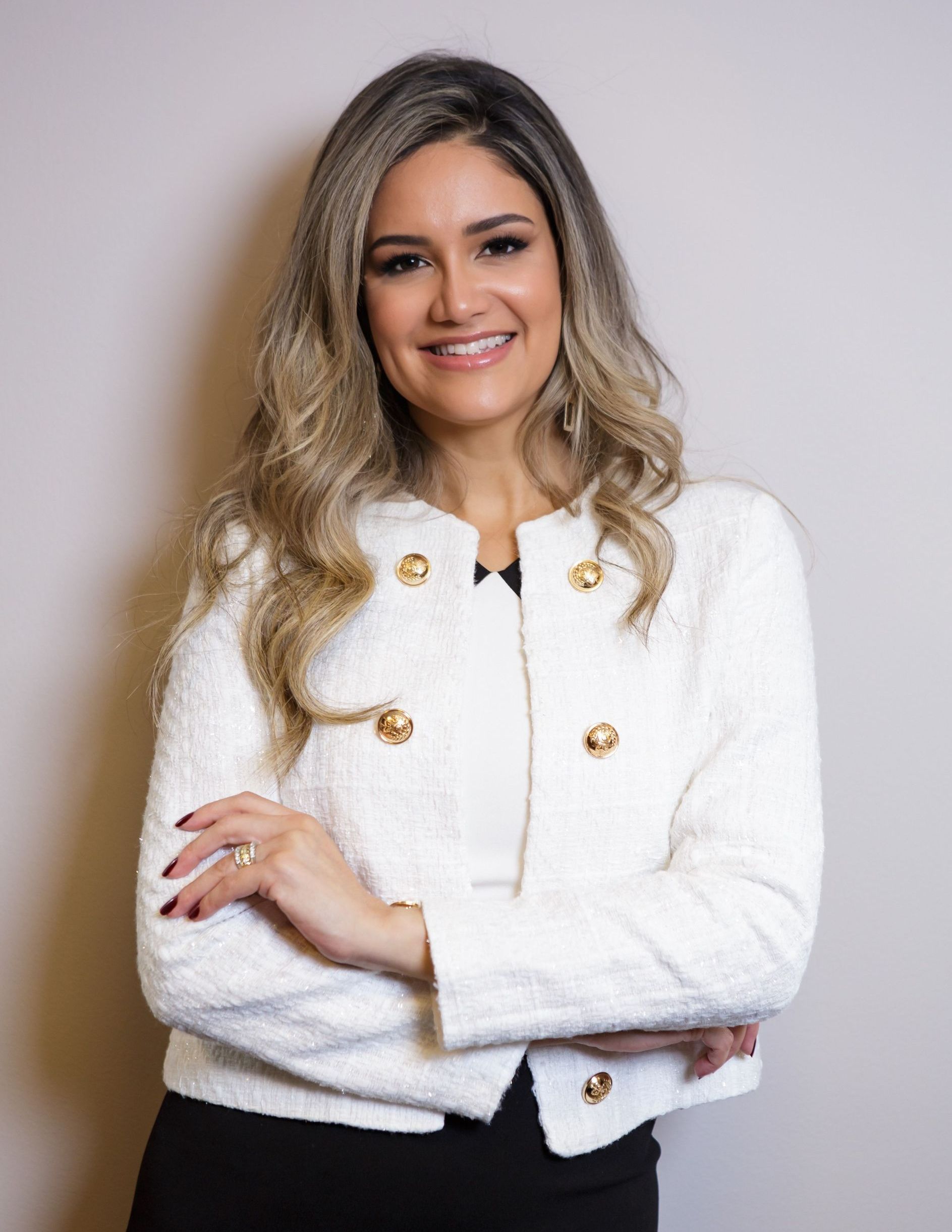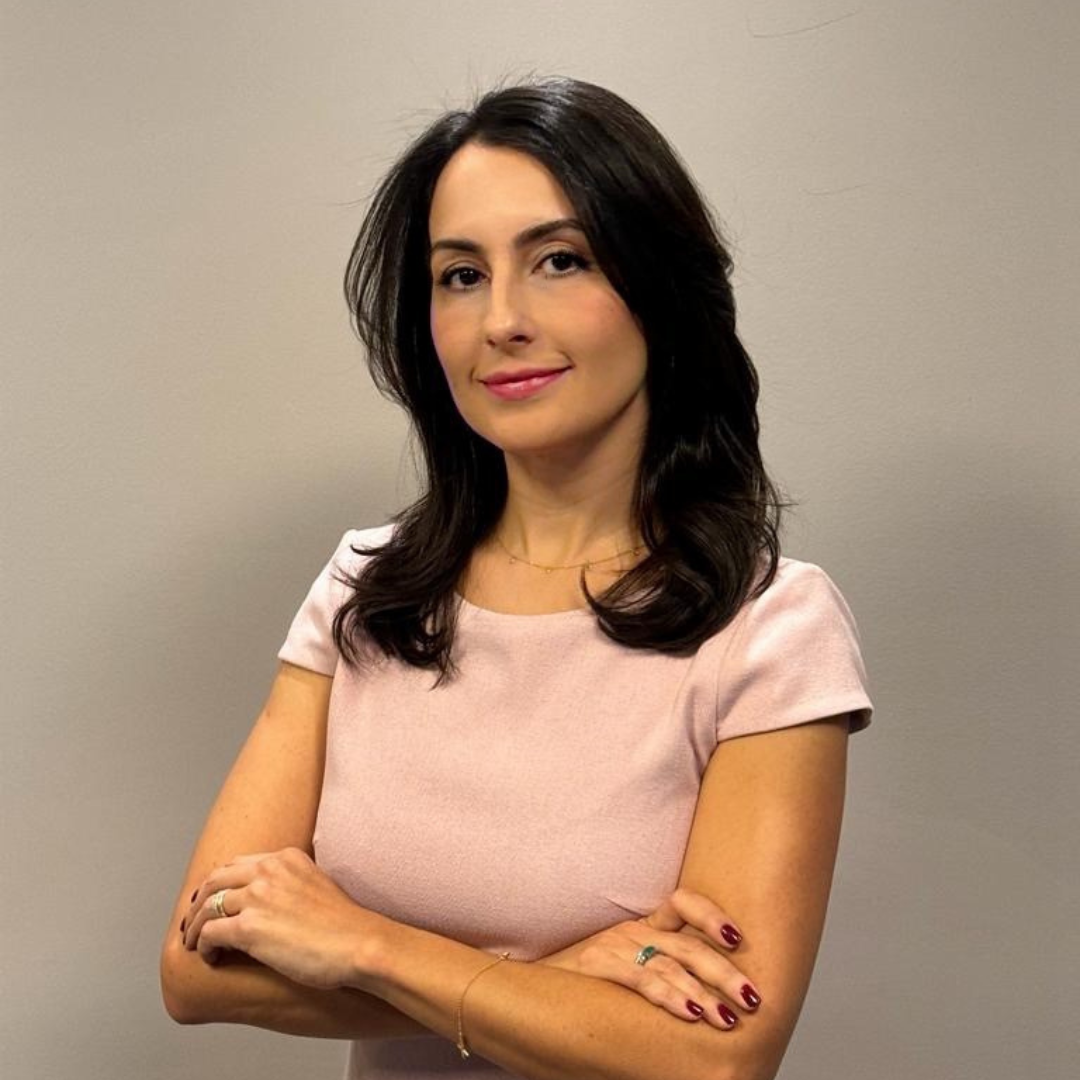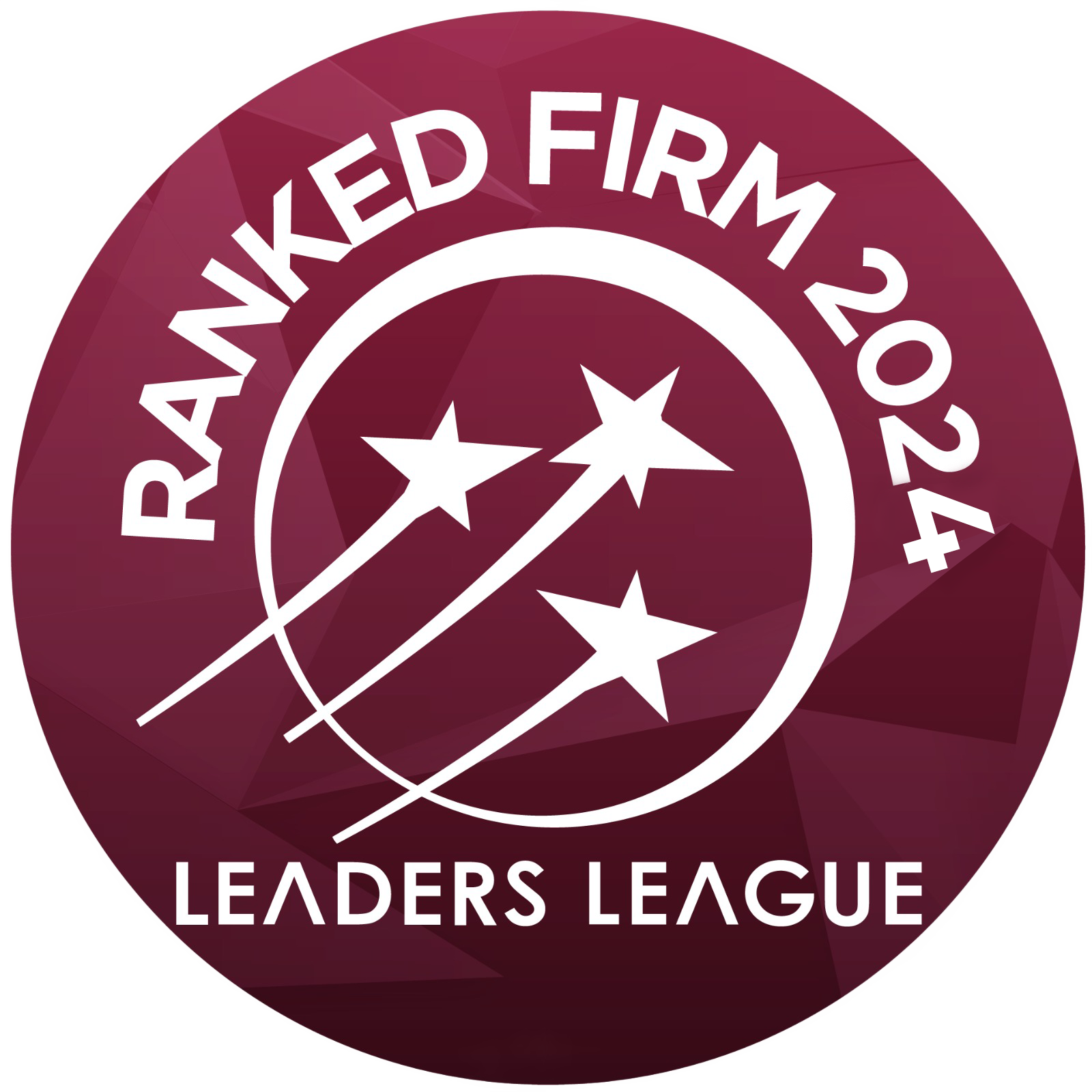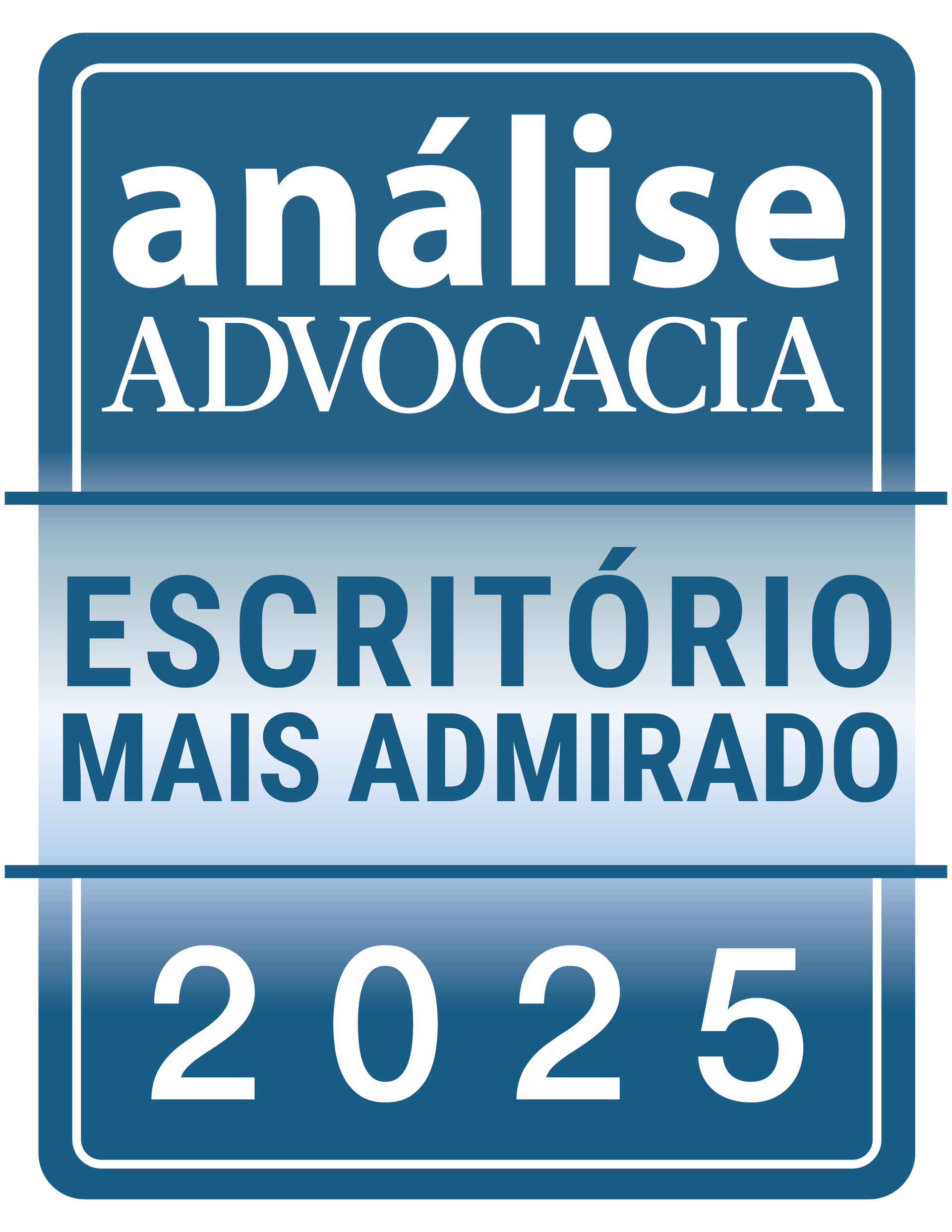Intellectual property protection
Peduti Advogados - 47 years of Tradition
Educational
- Participation in institutional programs promoted by public and private entities.
- Promotion and organization of seminars/events in collaboration with Public Administration bodies.
- Marketing campaigns.
Repressive
- Border Measures.
- Intelligence.
- Civil Actions.
- Criminal Actions.
INTELLECTUAL PROPERTY PROTECTION
Our intellectual property protection program encompasses two crucial fronts. Firstly, the educational front involves efforts to disseminate relevant information about the involved property, whether it's a trademark, patent, industrial design, business models, copyrights, or even industrial and trade secrets. This dissemination is directed towards both consumers and agents who utilize this information to prevent and combat piracy and fraud.
Simultaneously, as part of repressive measures, our specialized and trained team identifies channels of production, entry, storage, distribution, and illegal product commercialization. We develop a case-by-case strategy for the best enforcement to cease the violation of intellectual property rights for our clients. This strategy includes sending judicial/extrajudicial notifications, making complaints, and providing support to customs authorities nationwide. Additionally, we undertake civil and criminal actions as necessary.
INFORMATION GATHERING AND STRATEGIC DEVELOPMENT
We rely on technological tools capable of continuously monitoring all possible communication channels, particularly through the internet, e-commerce platforms, social media, etc. This aims to jointly identify, with our clients, companies engaging in such illicit activities, their methods, and information. We correlate this information with the development of legal intelligence, highlighting the following:
01.
Infringement Notifications:
Whenever we identify the violation of our clients' intellectual properties rights - after a joint and thorough evaluation considering the potential harm and the possibility of resolution, either through compensation or licensing, we take preliminary extrajudicial measures. This involves sending extrajudicial notifications to those responsible for such irregular and/or illegal practices.
02.
Border Measures:
The counterfeit goods, for the most part, are manufactured abroad and enter the country through our borders. The cost of production, especially in some Asian countries, makes foreign production lucrative for offenders who then import these counterfeit products into Brazil. In response to this, we have created a program to train public agents, specifically those from the Brazil’s Federal Revenue Service (Adunas), stationed at the borders. This training enables them, during inspection processes, to differentiate between genuine and counterfeit products. Additionally, they are supported with information collected through our monitoring efforts.
03.
Legal actions:
In cases in which counterfeit products are already within the national territory and/or after the preliminary extrajudicial measures have failed, we take judicial actions, whether criminal or compensatory. This includes filing for Search and Seizure against establishments involved in the sale, manufacturing, or storage of counterfeit products containing our clients' intellectual properties.
Our numbers
20.000
trademarks
3.250
customers served
43
experienced professionals dedicated exclusively to the area
47
years of tradition
Our differences
- We believe that there is no formula for excellence, but we believe that there is a path to achieve it:
- Understand the individual needs of clients;
- Have close and clear communication;
- Be up-to-date, responsible and proactive;
- Use the best technology available;
- Be focused on your practice.
Excellence Team
Our Professionals
Our awards
Our work is recognized nationally and internationally, and we are constantly elected as one of the best intellectual property law firms in Brazil, according to important certifications.
Cesar Peduti Filho, Laila dos Reis Araújo and Thaís de Kássia R. Almeida Penteado were elected as some of the most admired lawyers in the area.
We are the exclusive contributors to Chambers and Partners in Brazil, Trademark Global Practice Guide.


